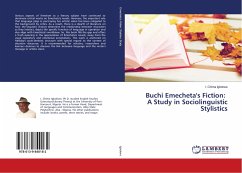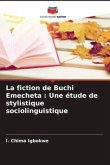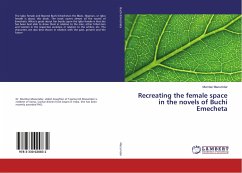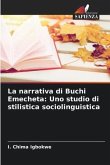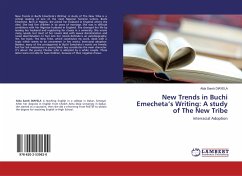Various aspects of feminism as a literary subject have continued to dominate critical works on Emecheta's novels. However, the important role that language plays in portraying her artistic vision has been relegated to the background by critics. As a result, there is a dearth of literature on how the linguistic choices determine the relationship between characters as they interact, depict the specific function of language in operation and also align with Emecheta's worldview. So, this book fills the gap and offers a fresh opening in the appreciation of Emecheta's novels, away from the usual expository and emotional annotations. This work is anchored on Halliday's socio-semiotic structure with special regard to the context of situation discourse. It is recommended for scholars, researchers and learners desirous to discover the link between language and the writer's message or artistic vision.
Bitte wählen Sie Ihr Anliegen aus.
Rechnungen
Retourenschein anfordern
Bestellstatus
Storno

